Whether famous or obscure, Earth’s wild creatures cannot hide from the hand of man. Scant months ago, more than a billion animals, including iconic kangaroos and cuddly koalas, perished in Australia’s calamitous bushfires, found by scientists to have been worsened by man-made climate change.
Now, researchers say, one of Amazonia’s least-known species could be all but gone, too in mere decades. Its habitat is being slashed and burned to make way for agriculture. Most of us know there are wild dogs living in remote places of the world. Australia’s dingo probably leaps to mind first.
But did you also know that a cousin of the dingo (above) has been roaming quietly through vast areas of Amazon rainforests, in Columbia, Ecuador, Peru, Bolivia and Brazil for a long time? Atelocynus microtis -the “short-eared” dog is the only canid, or mammal of the dog family, native to the Amazon.
Arguably, it’s been the least-studied of any wild dog on the planet – until now. Using the largest data base ever compiled on the species, scientists are now able to better understand the predicament it faces in its rapidly-changing home.
Within three generations, (six years is considered a generation to a short-ear), anywhere from 30% to 60% of its habitat will be lost or seriously degraded. That’s because plans by local governments for large-scale agriculture, cattle-ranching and infrastructure expansion, remain in the works. In the words of the research paper published recently in The Royal Society of Open Science,”Forest loss and fragmentation pose a serious threat to the species in a short time frame.”
In 2011, Brazil drastically relaxed laws protecting its forests. Private landowners no longer have to protect as much as they once did. Illegal loggers now enjoy amnesty. By 2013, after a decade of decline, deforestation rates began to climb. Last year, the President of Brazil, Jair Bolsonaro, fired a top scientist for revealing that that country’s deforestation rates were increasing rapidly under his watch.
And, since last summer, losses of Amazonian rainforest due to wildfires have been described in Science magazine, as staggering. In Bolivia alone (part of the dog’s range), more than a million hectares have burned since then. Much of it was due to intentional burning to clear land for crops and livestock. It is against this grim backdrop that these new research findings have come to light.
While short-eared dogs are expected to do better in areas that are protected, as many as 40% of them are thought to live in the “Arc of Deforestation,”a part of Brazil where tree cover is disappearing the fastest. But habitat loss isn’t the only threat. The wild dogs are catching diseases from domesticated dogs and being run over and killed on roadways.
The researchers suggest, therefore, the short-eared dog be “bumped up” the list of endangered species to a status that better reflects the dangers it faces. And then there’s this chilling footnote. The short-ear is hardly alone. One out of every four mammals in the Amazon, are believed to be losing much of their habitat, too!
Until man somehow finds a deeper respect for our fellow creatures, these tragedies will surely do nothing only but multiply.
Lead Image: The elusive short-eared dog (Atelocynus microtis). This rare photo was captured on a camera-trap, deep in the Amazon rainforest. Photo credit: Guido Ayala and Rob Wallace.
Larry Powell
I’m a veteran eco-journalist living in Shoal Lake, Manitoba, Canada. I have a life-long love of wildlife & natural places. After working for radio and TV stations for about 30 years, I've turned to science writing as a freelancer specializing in the Earth Sciences. I’m a member of the Science Writers & Communicators of Canada and the American Association for the Advancement of Science. I’m authorized to receive embargoed material through the Science Media Centre of Canada, the Royal Society, NatureResearch and the World Health Organization. This allows me advance access to important, peer-reviewed research often warning of habitat loss and the threat of extinction facing many wild species, usually thanks to human intrusion and intervention by the hand of man. They then often become "hot-off-the-press" stories which are ready to publish the moment the embargoes are lifted. I publish www.PlanetInPeril.ca (PinP) "Where Science Gets Respect." I own professional photographic gear and am sometimes able to enhance my stories with my own images.
- Web |
- YouTube |
- More Posts(18)
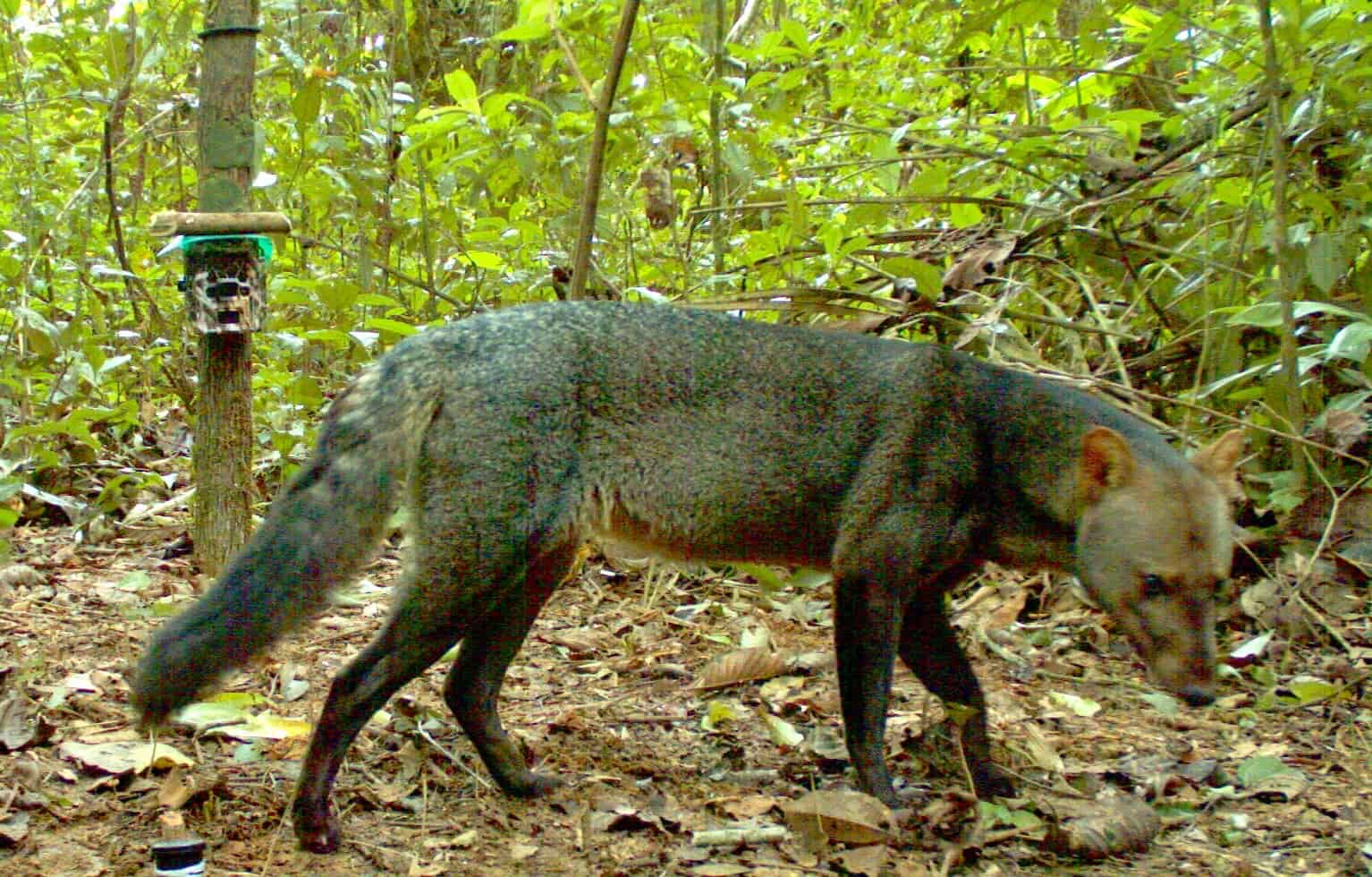
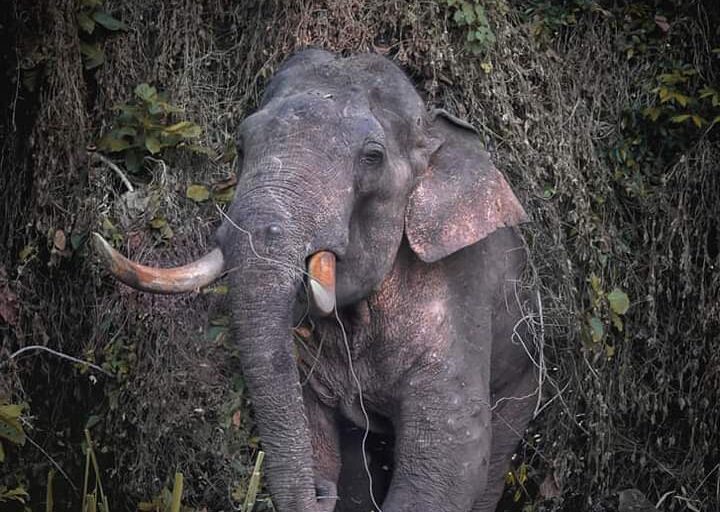
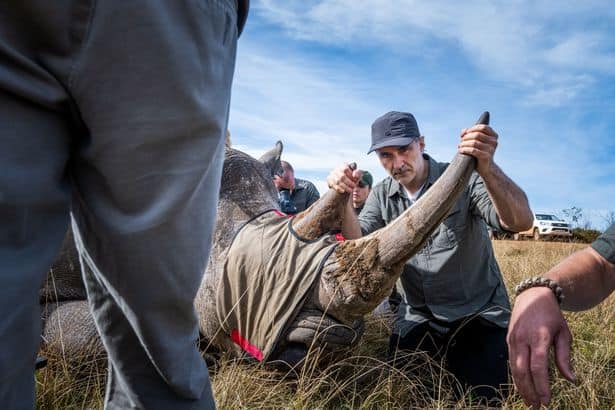
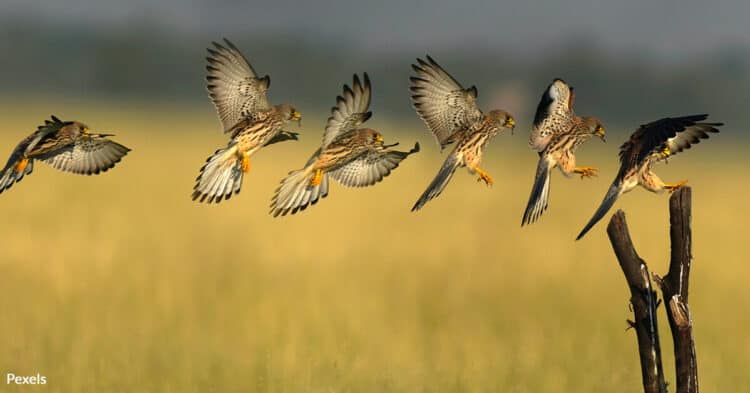
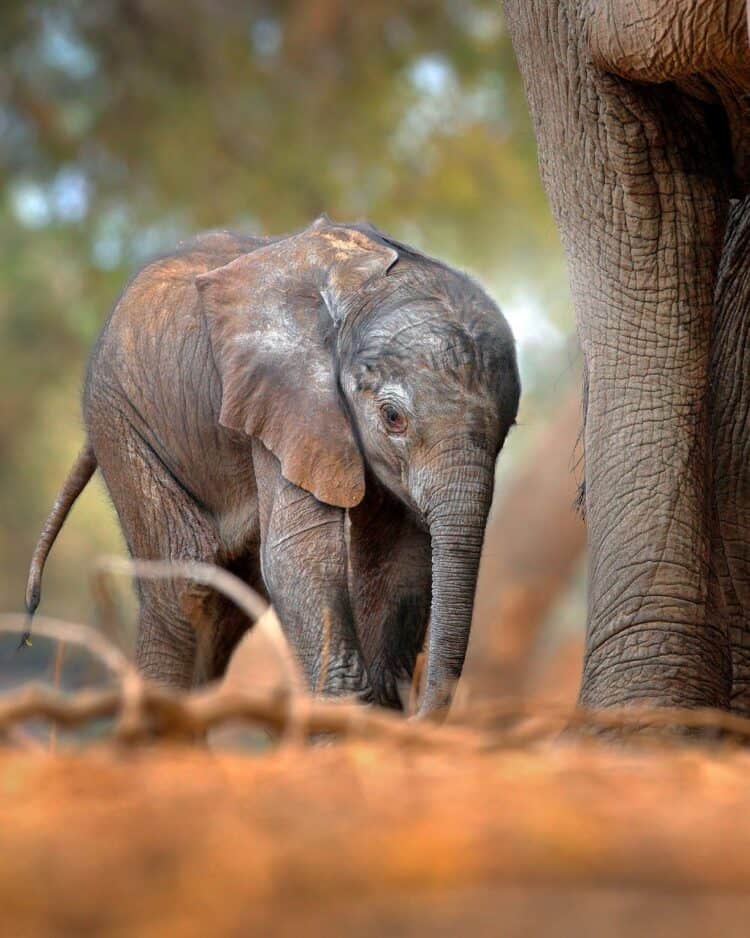
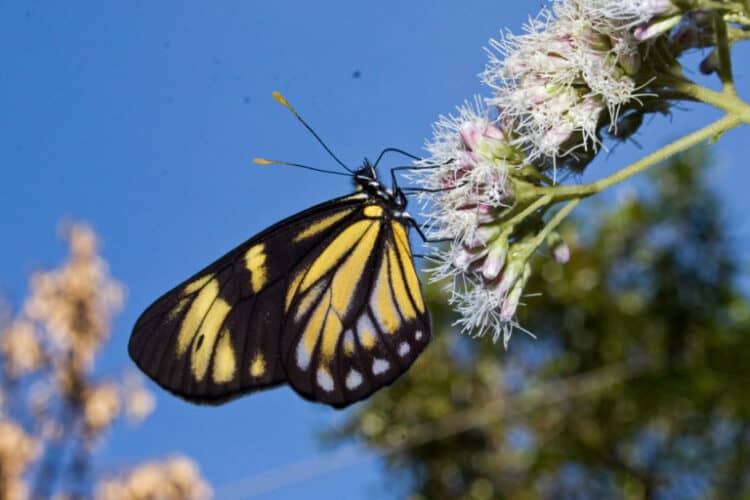
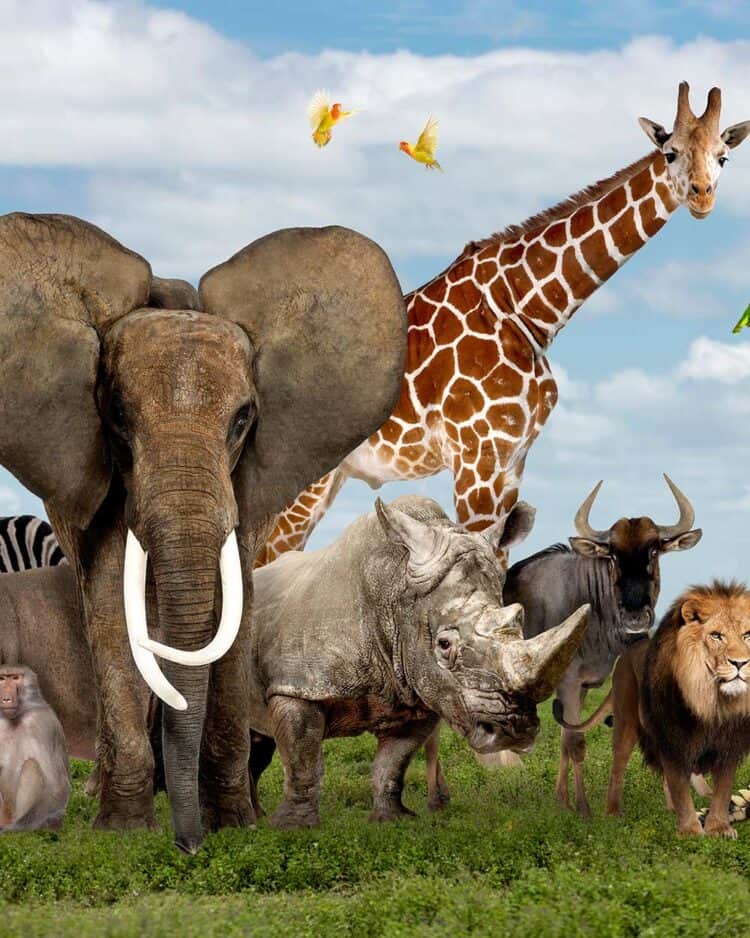
Leave a Reply